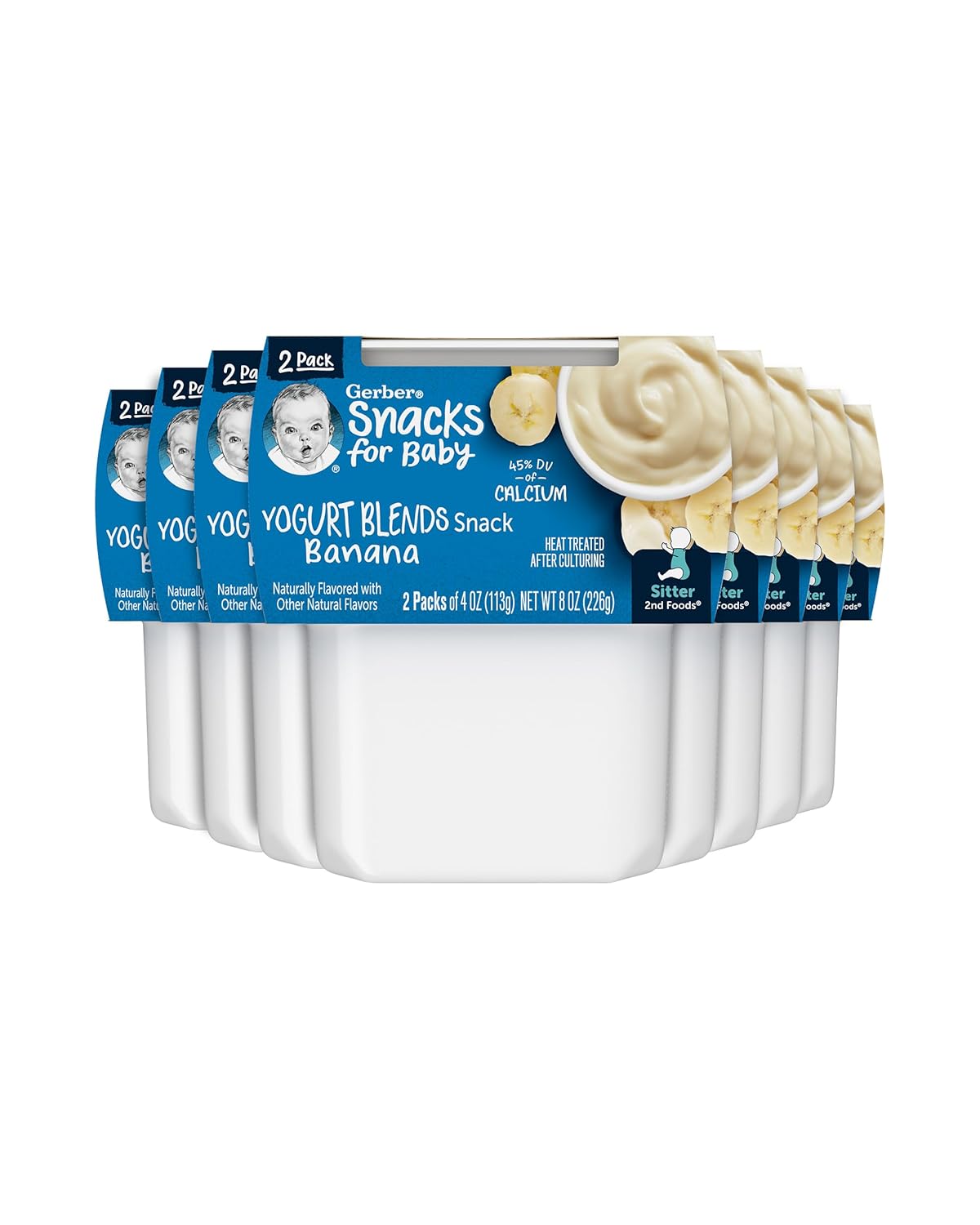When can I start introducing baby foods to my infant?
The American Academy of Pediatrics (AAP) recommends starting baby foods around 6 months of age. At this stage, most babies are developmentally ready for solids and have the necessary skills to swallow correctly.
What are the benefits of organic baby foods?
Organic baby foods offer several benefits, including: - No exposure to synthetic pesticides, fertilizers, or genetically modified organisms (GMOs). - Reduced risk of potential toxins and additives. - Higher nutritional quality due to organic farming practices. - Environmentally friendly and sustainable production methods.
Can I make my own baby food at home?
Yes, making homemade baby food is a popular choice for many parents. It allows you to have control over ingredients and flavors. However, proper hygiene and food safety practices should be followed when preparing and storing homemade baby food.
What are some signs that my baby is ready for solid foods?
Signs that indicate your baby is ready for solid foods include: - Ability to sit up with support - Interest in watching others eat - Loss of the tongue-thrust reflex - Demonstrating readiness to chew or swallow - Increased appetite and milk intake alone no longer satisfying
Are there any baby food options for babies with allergies?
Yes, there are specialized baby food options available for babies with allergies. These products are formulated to be hypoallergenic and free from common allergens such as dairy, soy, wheat, and nuts. Always read labels carefully and consult with a healthcare professional if you suspect your baby has allergies.
How should baby foods be stored?
Baby foods should be stored according to the manufacturer's instructions. Most baby foods can be stored in the refrigerator after opening and should be consumed within a certain timeframe. Follow the recommended storage guidelines to ensure freshness and safety.
Can I mix breast milk or formula with baby cereal?
Yes, mixing breast milk or formula with baby cereal is a common practice. It helps create a familiar taste and texture for the baby as they transition to solid foods. Start with a thin consistency and gradually thicken it as your baby becomes more comfortable with swallowing.
What are some recommended finger foods for babies?
Some recommended finger foods for babies include: - Soft, cooked vegetables (e.g., carrots, peas, broccoli) - Ripe, mashed fruits (e.g., bananas, avocados) - Toasted bread or soft bread strips - Cooked pasta shapes - Small pieces of well-cooked meat or poultry - Cheese cubes or grated cheese


















































